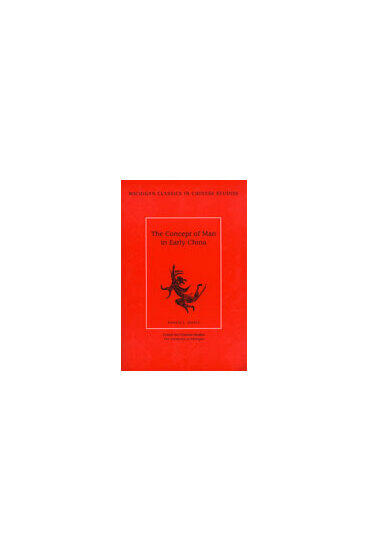The Concept of Man in Early China
A staple in the study of early Chinese philosophy and civilization
Description
2001The Concept of Man in Early China addresses conceptions of human beings in early Chinese thought, with the original concept of “natural equality” running through all its chapters. Natural equality, or the descriptive sense of equality, refers to common attributes or characteristics shared by all persons at birth. This feature of Chinese views of human beings is different from the evaluative sense of equality in mainstream Western theories. To develop his thesis, Munro comprehensively investigates historical documents, books, philosophical texts of various schools, and bone and bronze inscriptions. Based as it is on such a wide array of sources, the thesis of natural equality has been broadly accepted by scholars and philosophers in the West and in China. Impressively, Munro identified the single theoretical position common to all philosophical schools of the Warring States era, despite their intense disputation about the issues of the day. Natural equality illuminates attributes of Confucianism, Taoism, and Chinese Buddhism, as well as pointing to seminal differences between the theories of human nature in ancient China and the West. The Concept of Man in Early China was hailed at its first release as “exceptional among studies of Chinese philosophy,” a work “combining philosophical acumen with sinological competence that raises the study of early Chinese thought to a new level of sophistication.” Deserving of renewed attention, this time-tested work will be of enduring value to younger generations of China scholars.
Donald J. MUNRO is Professor Emeritus of Philosophy and Chinese at the University of Michigan.

